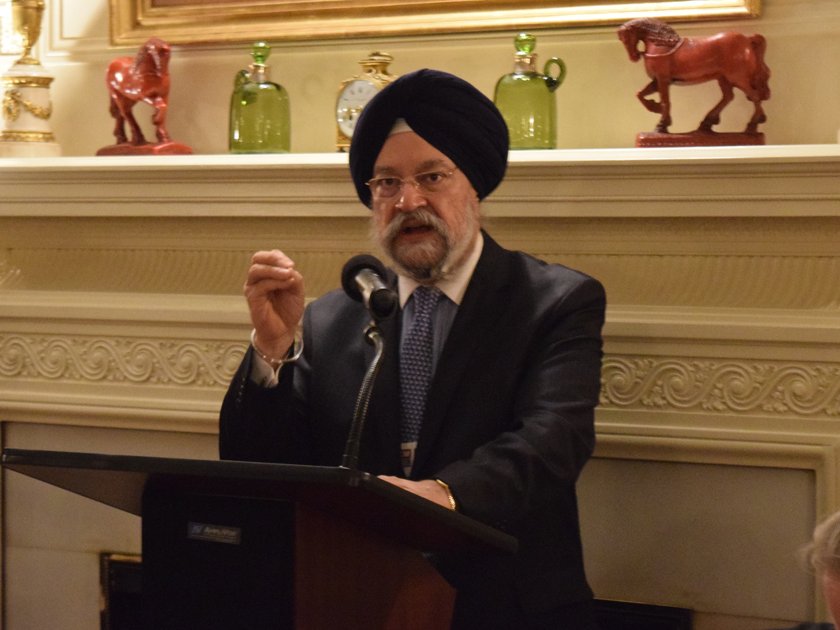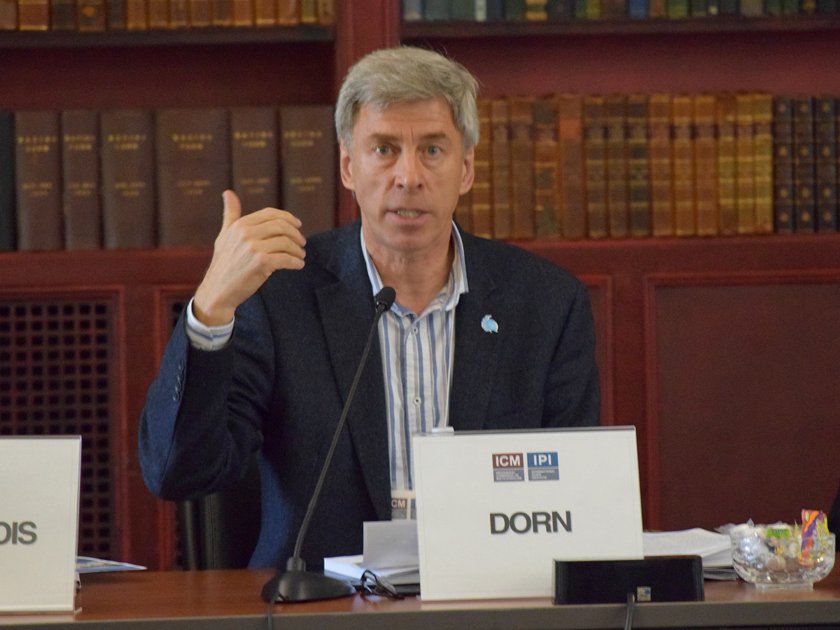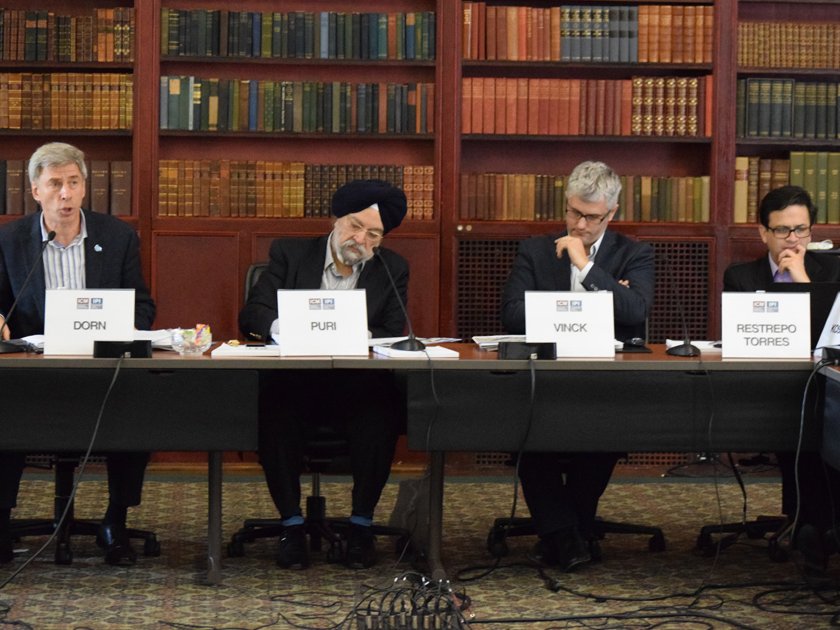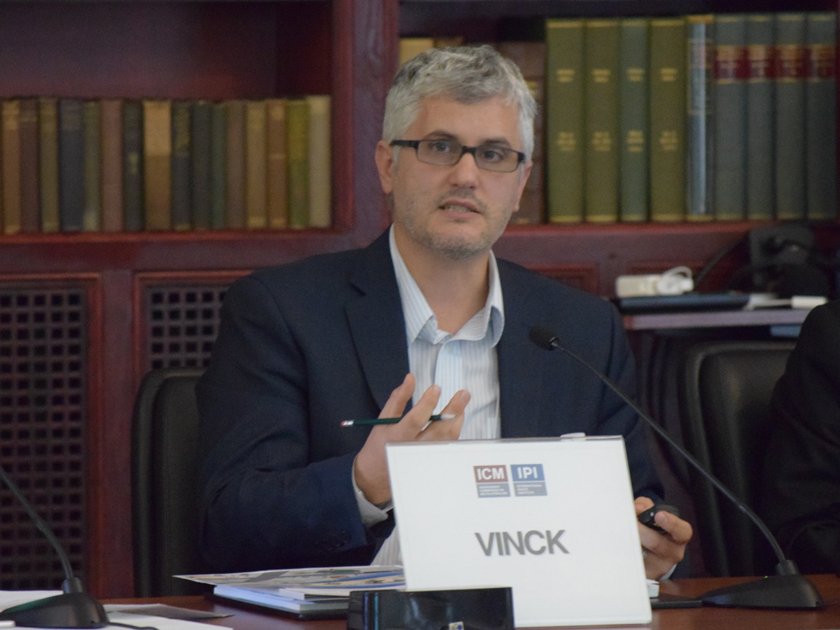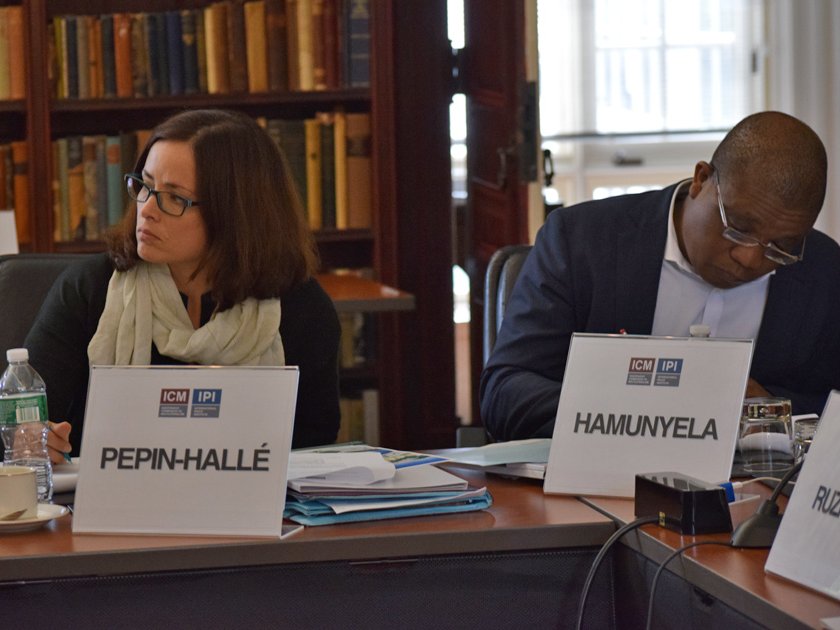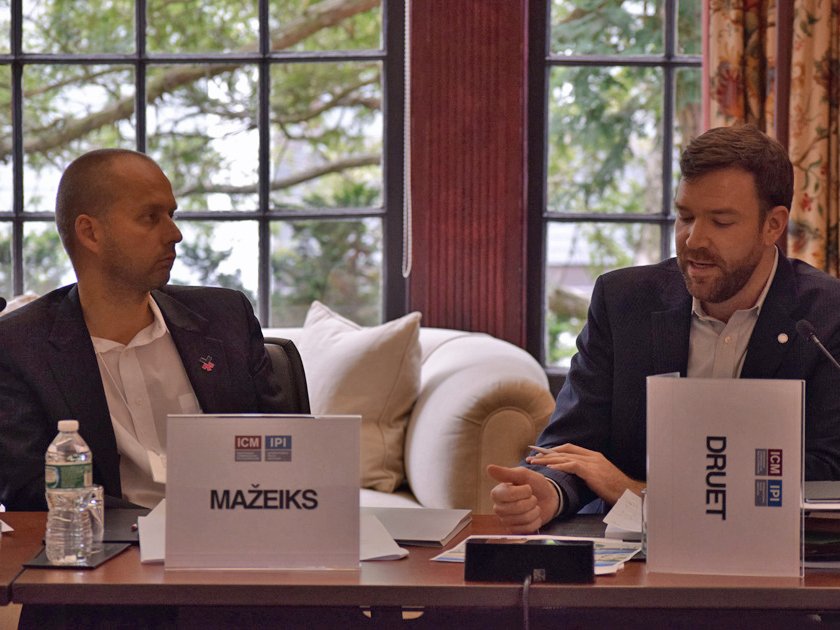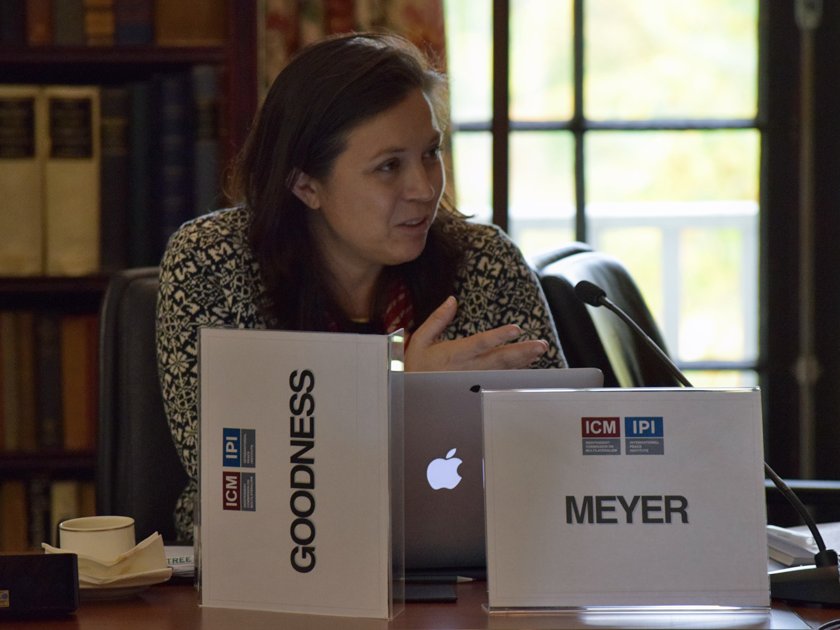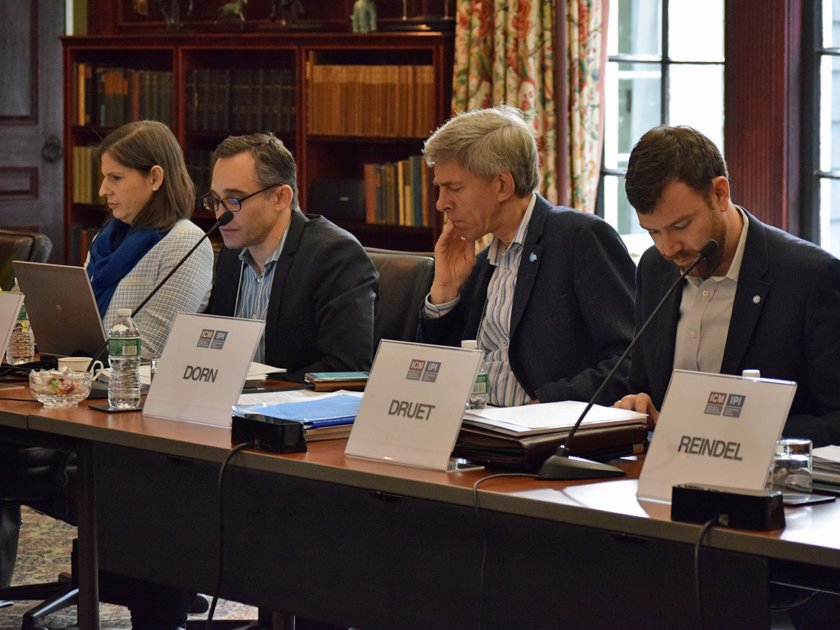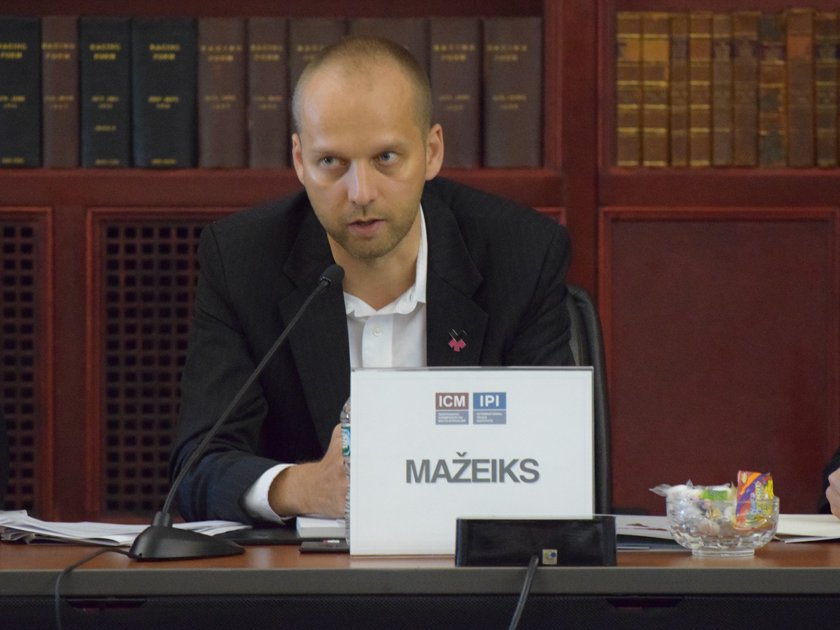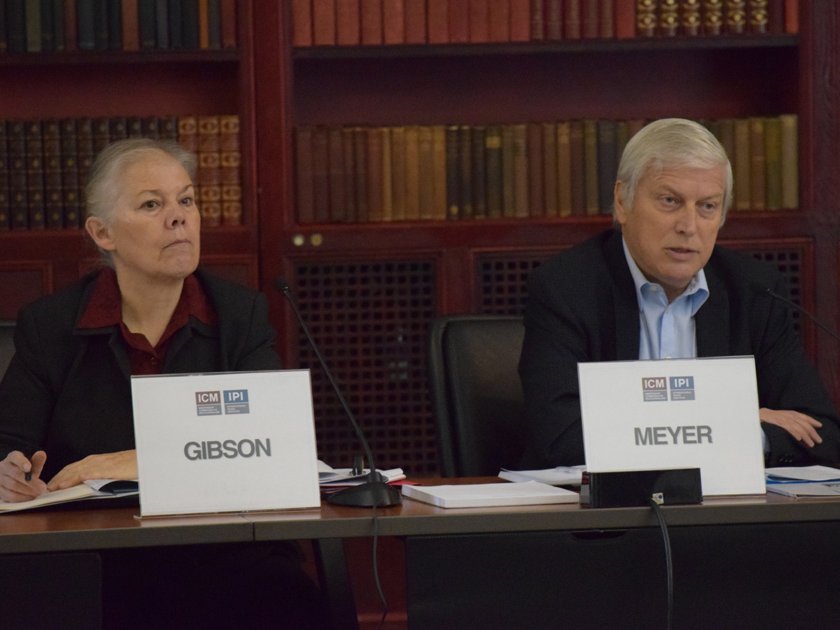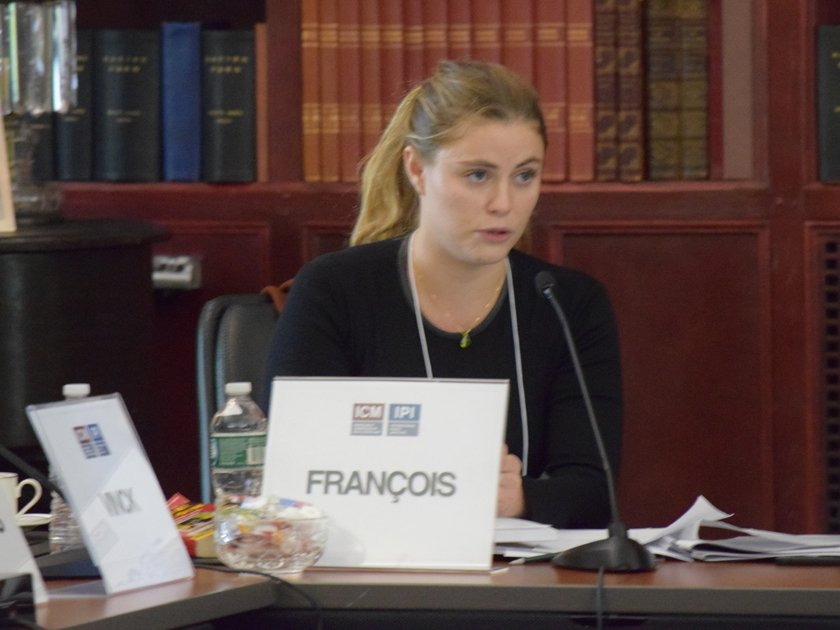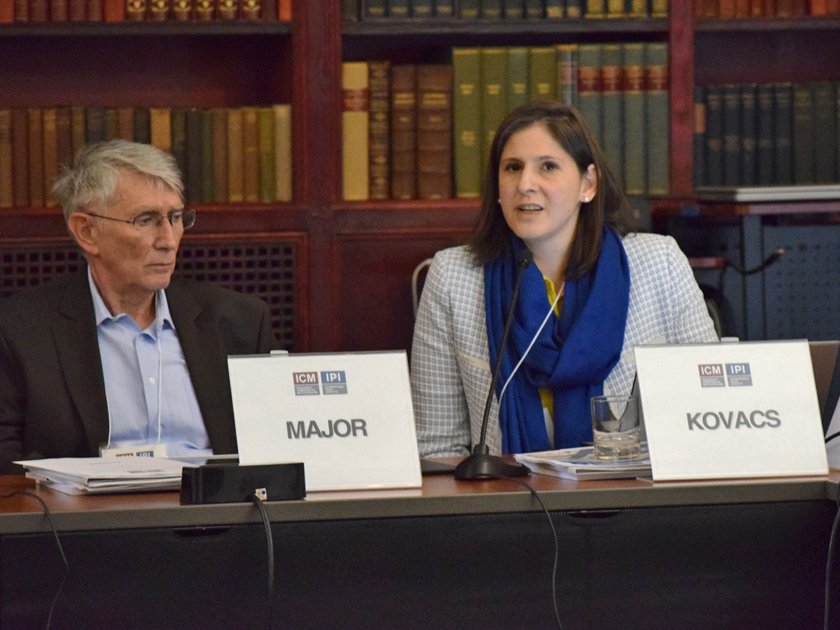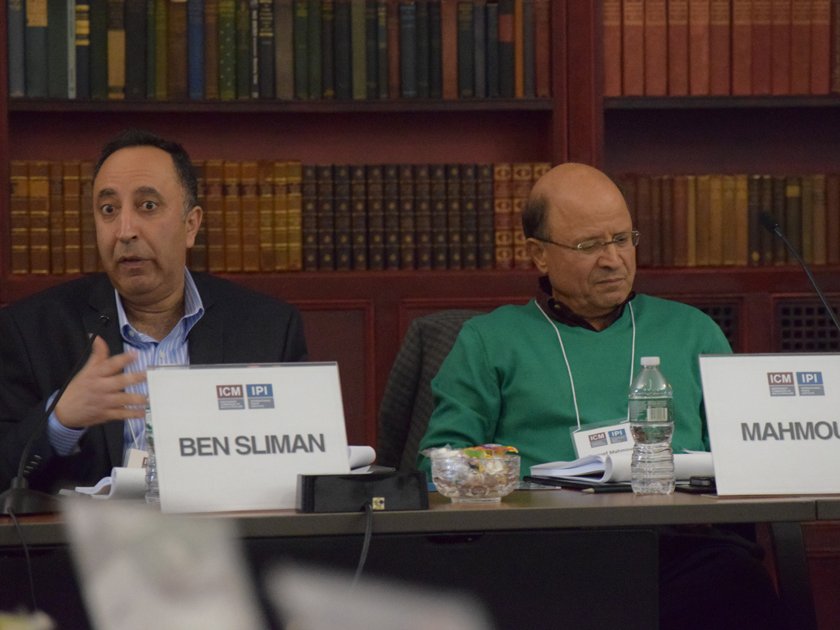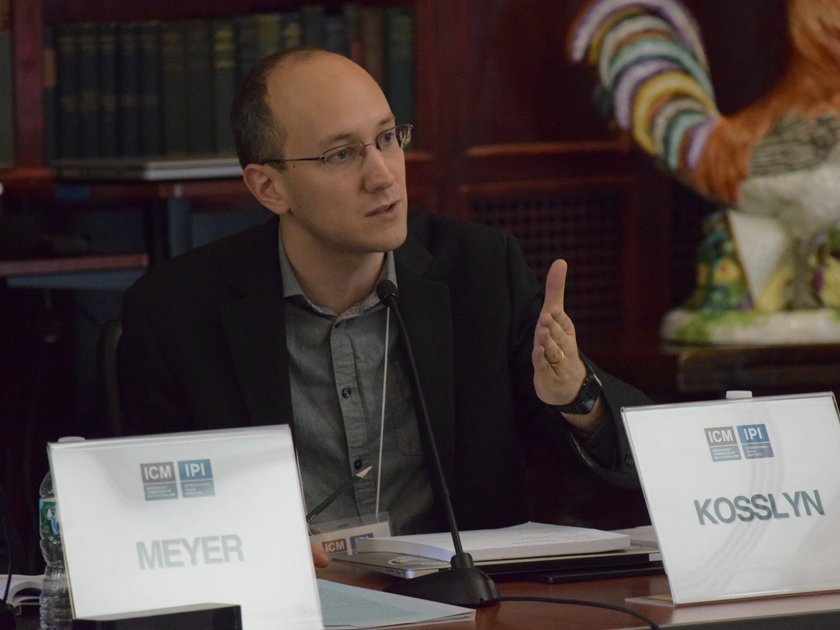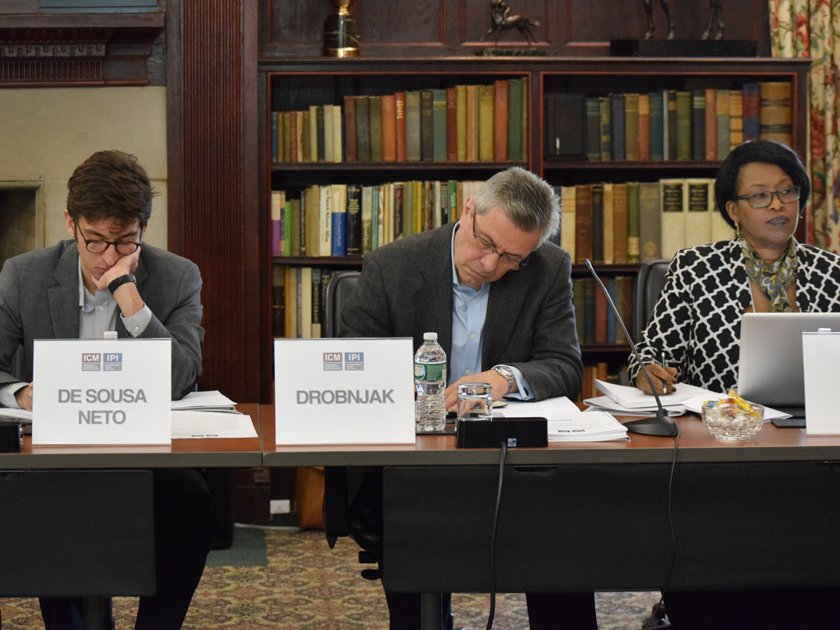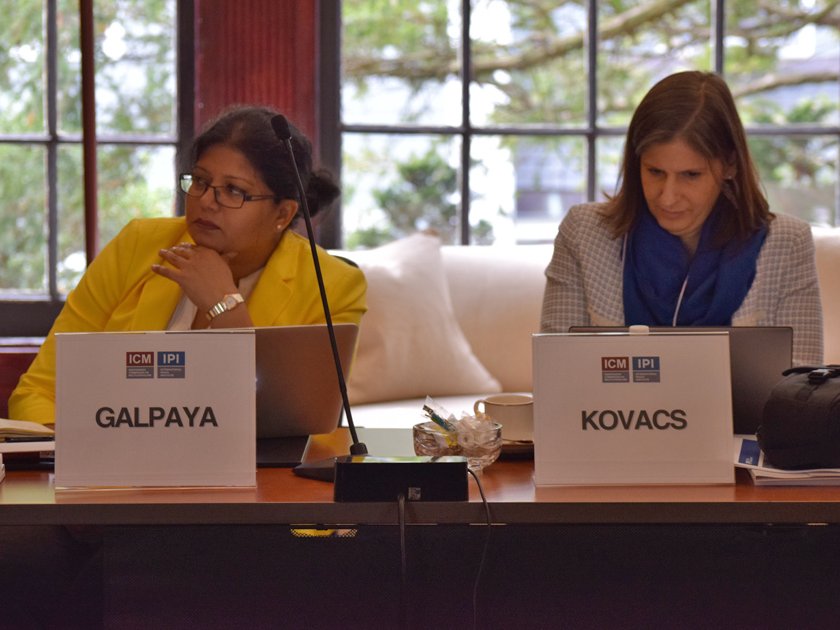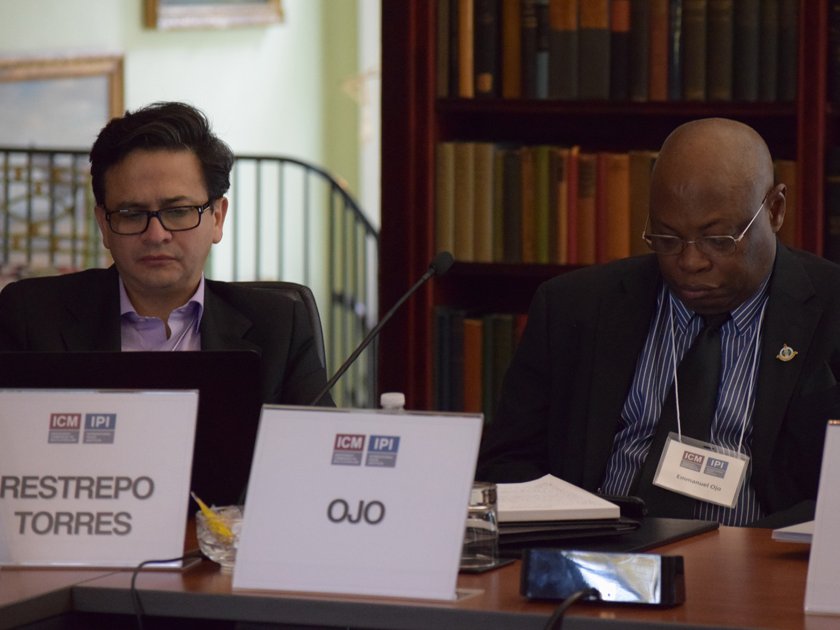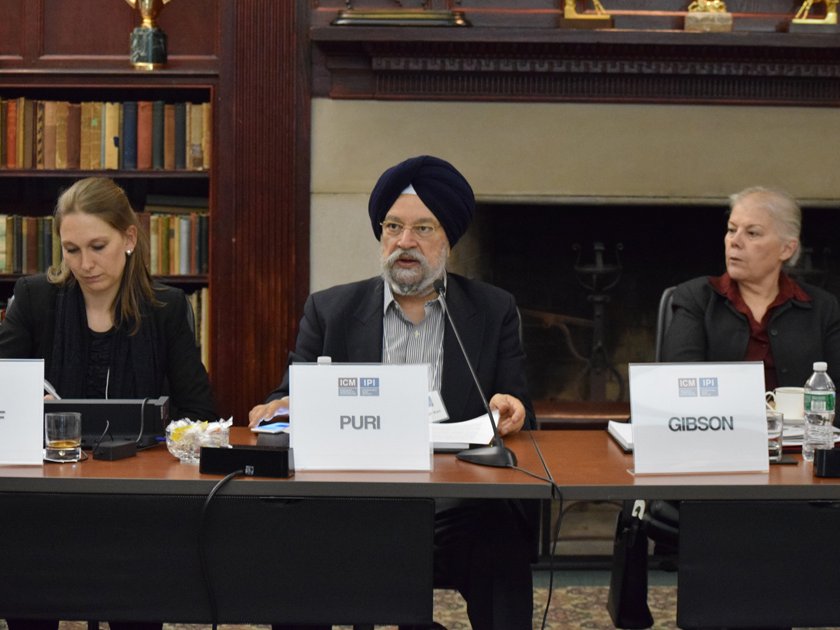As new technologies, tied together by the Internet, have spread around the world, the considerable governance and security challenges that they bring in their wake have also gained new prominence. Their potential remains relatively untapped, and its constraints are continuously pushed back to the benefit— and sometimes to the detriment—of development.
Is there a role for the multilateral system in the management and implementation of new technologies? Should it learn to channel innovation for development or should it focus on governance and addressing cyber threats? These were key questions at the ICM’s seventh retreat held on October 23-24 which convened experts, practitioners, and UN ambassadors representing a wide range of governments, civil society groups, and organizations.
The retreat was organized around three sessions. The first session featured a discussion on the relationship of cybersecurity and governance and the institutional challenges facing the multilateral system in this regard. Participants examined whether greater involvement of the UN in Internet governance could be useful or even possible. The second session addressed how new technologies can support conflict prevention and sustainable peace and how civil society and the private sector better help channel grassroots innovation. The last session looked into how technological innovations can enhance and support socioeconomic and political development.
Discussions were held under the Chatham House Rule of non-attribution and were moderated by ICM Secretary-General Hardeep Singh Puri, ICM Deputy Secretary-General Barbara Gibson, and IPI Senior Adviser Youssef Mahmoud. David Kirkpatrick, CEO and Founder of Techonomy Media and bestselling author of The Facebook Effect, gave the keynote address.
Read the ICM Interviews with:
Walter Dorn
Anja Kovacs


